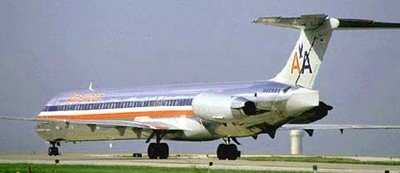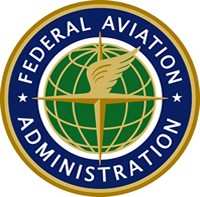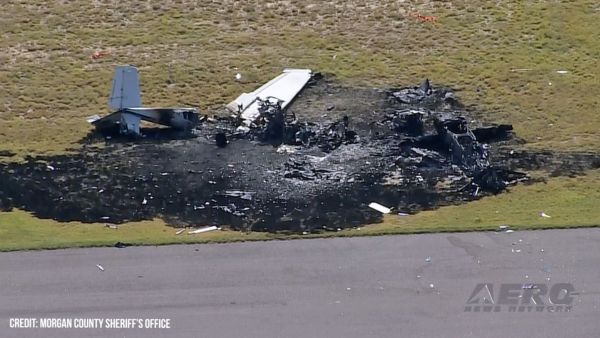Mon, May 05, 2008
Advertisement
More News
 Classic Aero-TV: Brazilian Hummingbird Alights in U.S.
Classic Aero-TV: Brazilian Hummingbird Alights in U.S.
From 2023 (YouTube edition): The Resurgent Gyroplane Existing at the confluence of the airplane, the helicopter, and the pinwheel, the machine known alternately as the autogiro and>[...]
 ANN FAQ: Contributing To Aero-TV
ANN FAQ: Contributing To Aero-TV
How To Get A Story On Aero-TV News/Feature Programming How do I submit a story idea or lead to Aero-TV? If you would like to submit a story idea or lead, please contact Jim Campbel>[...]
 ANN's Daily Aero-Linx (09.01.25)
ANN's Daily Aero-Linx (09.01.25)
Aero Linx: Brodhead Pietenpol Association The Brodhead Pietenpol Association is a newly reorganized (in 2017) non-profit educational corporation that grew and developed from an ear>[...]
 ANN's Daily Aero-Term (09.01.25): Receiver Autonomous Integrity Monitoring
ANN's Daily Aero-Term (09.01.25): Receiver Autonomous Integrity Monitoring
Receiver Autonomous Integrity Monitoring (RAIM) A technique whereby a civil GNSS receiver/processor determines the integrity of the GNSS navigation signals without reference to sen>[...]
 NTSB Prelim: Rockwell International 112
NTSB Prelim: Rockwell International 112
...Attempted To Reach The Runway But Landed About 15 Ft Short And Impacted A Berm On July 23, 2025, about 1300 eastern daylight time, N112EF, a Rockwell International 112 airplane,>[...]
blog comments powered by Disqus





